The $100 million project aims to seize the spotlight from ChatGPT and boost use of AWS for AI-building.
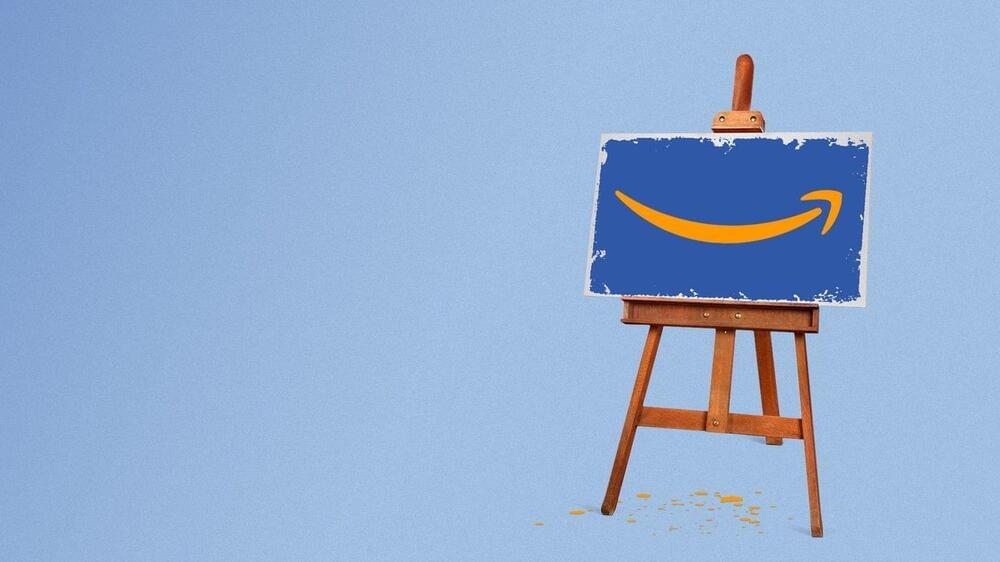

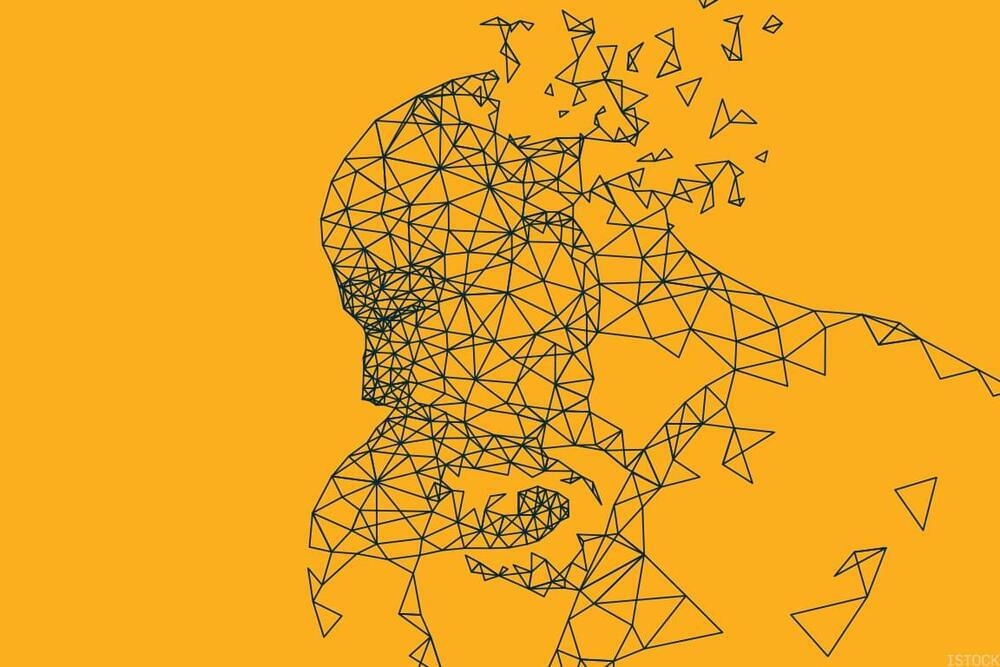
What you can do to right now in just a few minutes to help secure the grid. See special quest producer David Tice explain how he is using the Grid Down Power Up movie, narrated by Dennis Quad to give us hope for a secure future. Do it for the kids!
Grid Down Power Up: https://griddownpowerup.com/
See the Special Deals at My Patriot Supply: www.PrepWithGreg.com.
EMP Taskforce on National and Homeland Security: https://emptaskforce.us/
CSM Mike Mabee’s Grid Security Now Website: https://michaelmabee.info/take-action/
Secure the Grid: https://securethegrid.com/
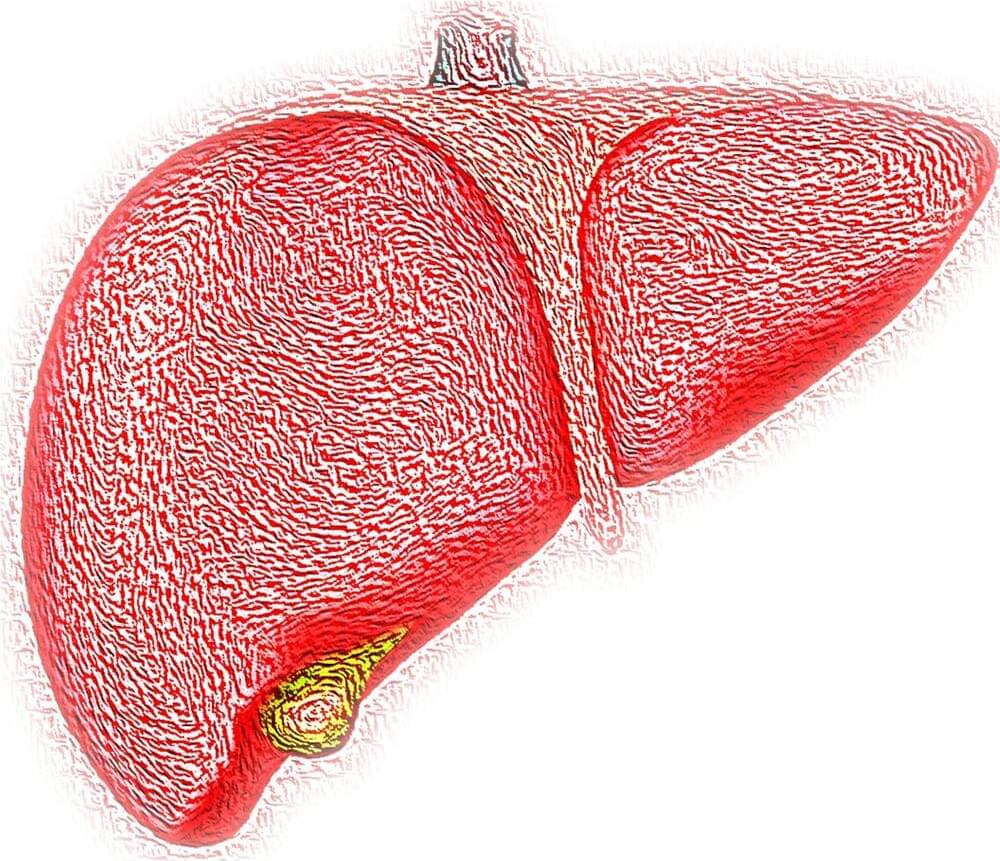
Researchers at the University of California San Diego School of Medicine have led a study to examine a potential new treatment option for patients with non-alcoholic steatohepatitis (NASH)-related fibrosis.
The results, published in the June 24, 2023, online edition of The New England Journal of Medicine, found that a drug that mimics a hormone in the body improved both liver fibrosis, or scarring of the liver, and liver inflammation in patients with NASH.
“Identifying an effective drug for NASH is extremely promising for patients as currently there are no FDA-approved therapies for this condition,” said Rohit Loomba, MD, the study’s first author and chief of the Division of Gastroenterology and Hepatology at UC San Diego School of Medicine. “NASH can adversely impact the quality of life in patients and can progress to cirrhosis. Its complications can lead to death or liver transplantation. Our findings will further the science of this disease and provide a potential new treatment option to those affected by NASH-related fibrosis.”

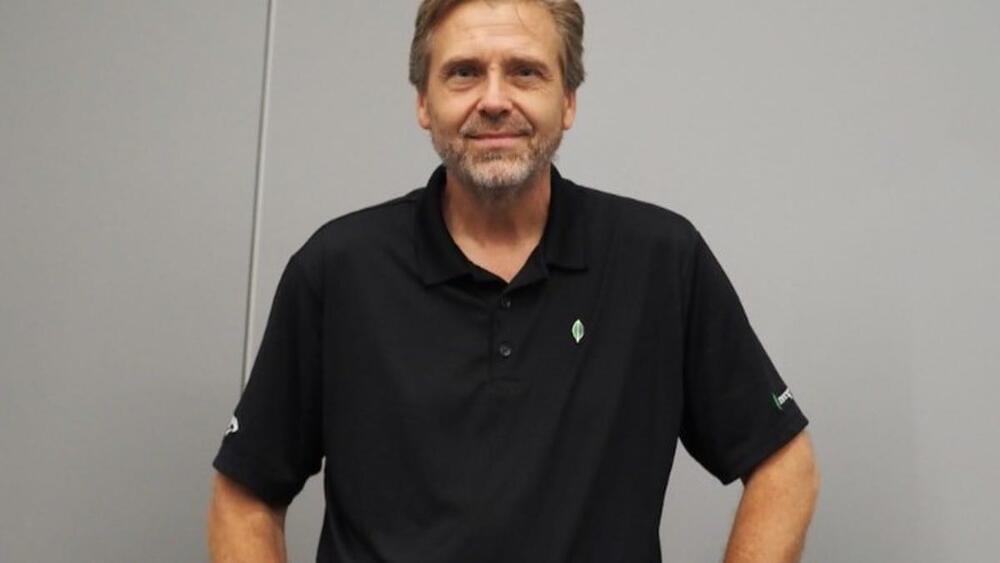
Artificial intelligence, including the most popular form at the moment, generative AI such as OpenAI’s ChatGPT, is going to provide tremendous leverage to software developers and make them vastly more productive, according to the chief technologist of MongoDB, the document database maker.
AI, especially the generative sort, is going to “let developers write code at the quality and the speed and the completeness that we’ve always wanted to,” says Mark Porter.
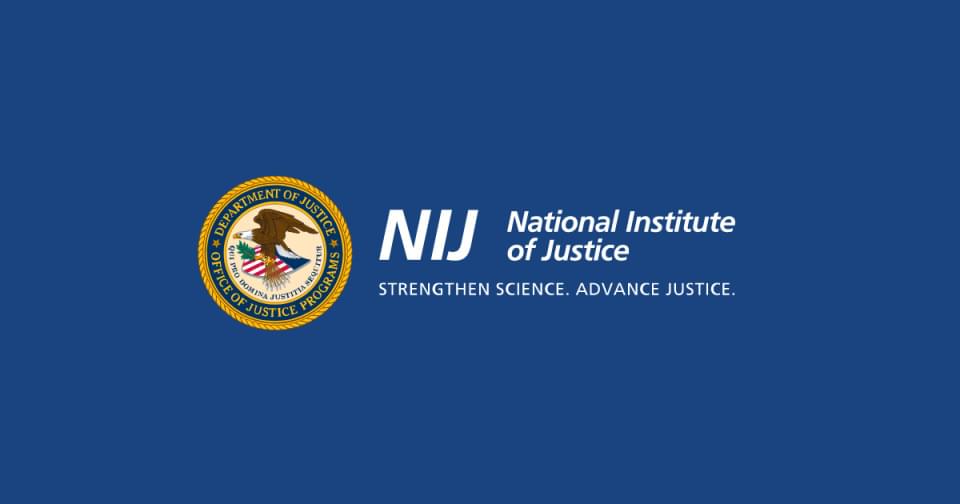
Harness the power of data technology to help police be accountable, effective, and inclusive of all communities. Enter the Innovations in Measuring Community Perceptions Challenge by July 31 and win prizes totaling $175,000.
Webinar NIJ hosted a webinar to discuss this challenge on June 6. Review the transcript and presentation slides.

But a twist to her romantic narrative made it even more intriguing. Aria was describing in vivid detail her unique relationship with ChatGPT, the OpenAI-designed intelligent chatbot that has taken the world by storm with its near-human responses.
Across China, such unconventional bonds reflect a rising trend where individuals seek solace and companionship in AI-powered entities. In recent months, similar accounts on multiple social media platforms have sparked widespread debate over the implications of relying on AI for emotional connection and the potential risks associated with privacy and real-life relationships.

Most stroke patients taking the anticoagulant warfarin were no more likely than those not on the medication to experience a brain bleed when undergoing a procedure to remove a blood clot, UT Southwestern Medical Center researchers report in a new study. The findings, published in JAMA, could help doctors better gauge the risk of endovascular thrombectomy (EVT), potentially expanding the pool of eligible patients for this mainstay stroke treatment.
Warfarin is a type of blood thinner commonly used to prevent stroke because of heart conditions such as atrial fibrillation. Although not very common, patients taking warfarin may still experience a stroke. In clinical practice, it’s very possible that some physicians may withhold an endovascular thrombectomy because patients have been treated with warfarin before their strokes.
Our study could increase the number of patients for whom this lifesaving and function-saving surgery would be appropriate, said study leader Ying Xian, M.D., Ph.D., Associate Professor of Neurology and in the Peter O’Donnell Jr. School of Public Health at UT Southwestern. Dr. Xian is also Section Head of Research, Stroke and Cerebrovascular Diseases in the Department of Neurology at UTSW.
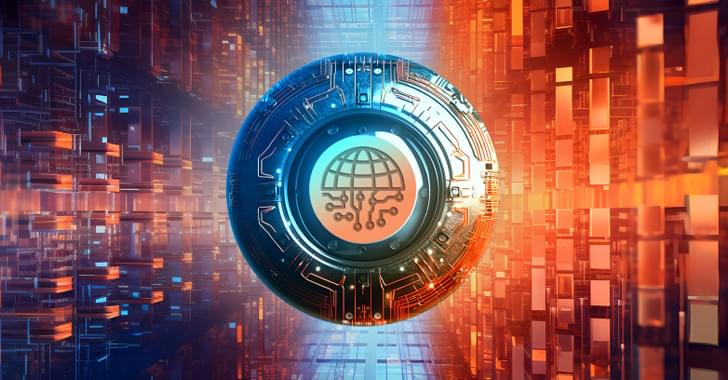
Security and risk teams are already overwhelmed protecting their SaaS estate (which has now become the operating system of business) from common vulnerabilities such as misconfigurations and over permissioned users. This leaves little bandwidth to assess the AI tool threat landscape, unsanctioned AI tools currently in use, and the implications for SaaS security.
With threats emerging outside and inside organizations, CISOs and their teams must understand the most relevant AI tool risks to SaaS systems — and how to mitigate them.